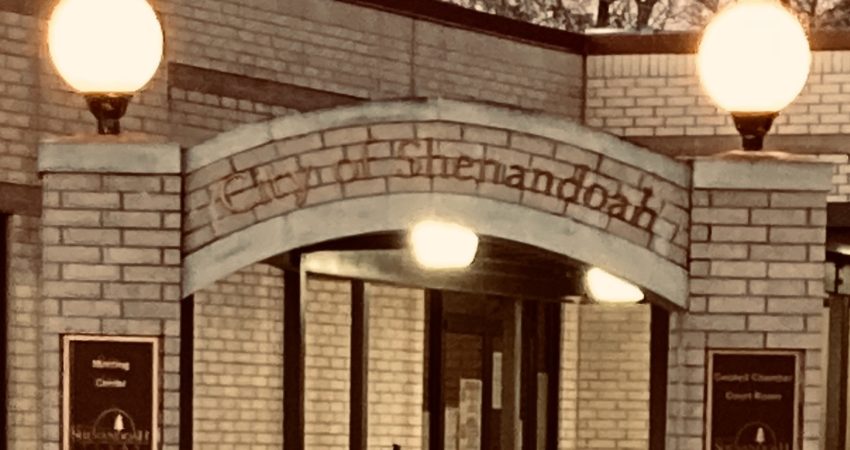In an apparent attempt to discredit the Sentinel’s reporting on the Oak Haven case, city officials spent a few minutes at the April 26 meeting questioning the city attorney about this case.
City attorney Bill Ferebee correctly noted that claims between Oak Haven and the City were non-suited in the trial court (57:48). See page 43 of the appellate opinion for a fuller explanation of this issue.
Ferebee then stated the City disagreed with parts of the appellate opinion (58:20) and claimed that Shenandoah did not appeal to the Supreme Court, but simply “joined” Odom and LNG’s appeal to the high court. That appeal (which was denied) is here.
It is clear from reading the City’s petition that the City is doing much more than just “joining” the argument made by the other parties. For example, the petition vigorously claims that the case is “a referendum on how Texas will allow cities and local municipalities to use easements to construct necessary infrastructure.” In addition, the petition stated that the City’s ability to regulate, manage and establish certain public utilities would be threatened by the lower court’s ruling.
During the council meeting, there were also a few comments about legal fees for this case. The Sentinel has not reported on these but a recent social media post estimates fees to date are in excess of $140,000.
On the issue of city salaries, councilman Ted Fletcher said “our employees do not make 25% more than the Woodlands.” He was apparently referring to this Sentinel story but he misquoted and mischaracterized the percentages. The Sentinel reported salary comparisons pegged to a national average, and not between cities per se. The article was based on information published by govsalaries.com.




